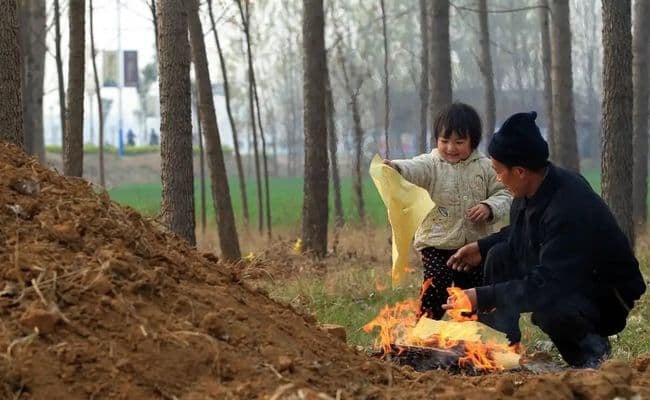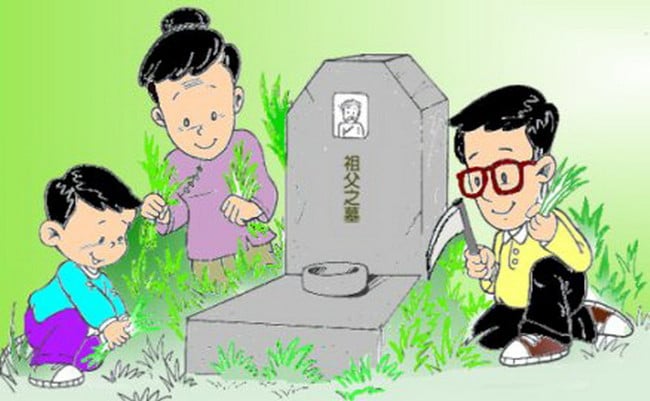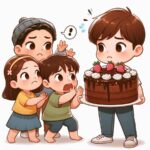In Vietnamese culture, there is a saying that goes, “For the living, a house is the most important thing, but for the dead, it is their tomb that takes precedence.”
Annually, on significant days, descendants will pay their respects by visiting and tending to their ancestors’ graves. This act expresses their reverence, remembrance, and tribute to the deceased. However, it is important to note that there are certain individuals who should refrain from engaging in this practice of tomb visitation.
Elderly Individuals
There are two main reasons why the elderly should not participate in tomb visitation:
Firstly, older adults often have frail health and may have medical conditions that cause physical tremors. Venturing out to cemeteries can further debilitate their well-being, and the chilly atmosphere may expedite their health decline.
Secondly, those aged 70 and above may experience mental distress in such somber surroundings. They might contemplate their own mortality and feel that their end is nearing, leading to significant psychological pressure and sadness.

Young Children and the Elderly Should Refrain from Cemetery Visits
Pregnant Women and Young Children
Pregnant women and young children are advised against visiting gravesites. Pregnant women tend to have more fragile health, and the heavy yin energy in cemeteries could potentially cause harm to them and their unborn children.
Young children are typically energetic and playful, and they may not fully grasp the solemnity of tomb visitation. As a result, their antics could be considered disrespectful. It is generally advisable for families with young children to refrain from bringing them to cemeteries.

Pregnant Women Should Refrain from Visiting Graves
Individuals Lacking Filial Piety
This category includes those who are insincere and hypocritical. Despite appearing earnest, they do not genuinely hold respect or compassion for their ancestors. For such individuals, visiting tombs would be an act of disrespect.
In conclusion, the adage, “three generations without a tomb will result in descendants who are unfilial for a thousand years,” emphasizes the importance of valuing our roots and practicing genuine reverence for our ancestors. It encourages us to uphold traditions, show gratitude, and pass on these values to future generations.
By honoring our ancestors through tomb visitation and rituals, we not only pay homage to them but also impart lessons on respect, gratitude, and the value of family bonds to our youth. In today’s rapidly evolving society, let us always remember the contributions of our forebears and continue to instill these virtues in the generations to come.


































